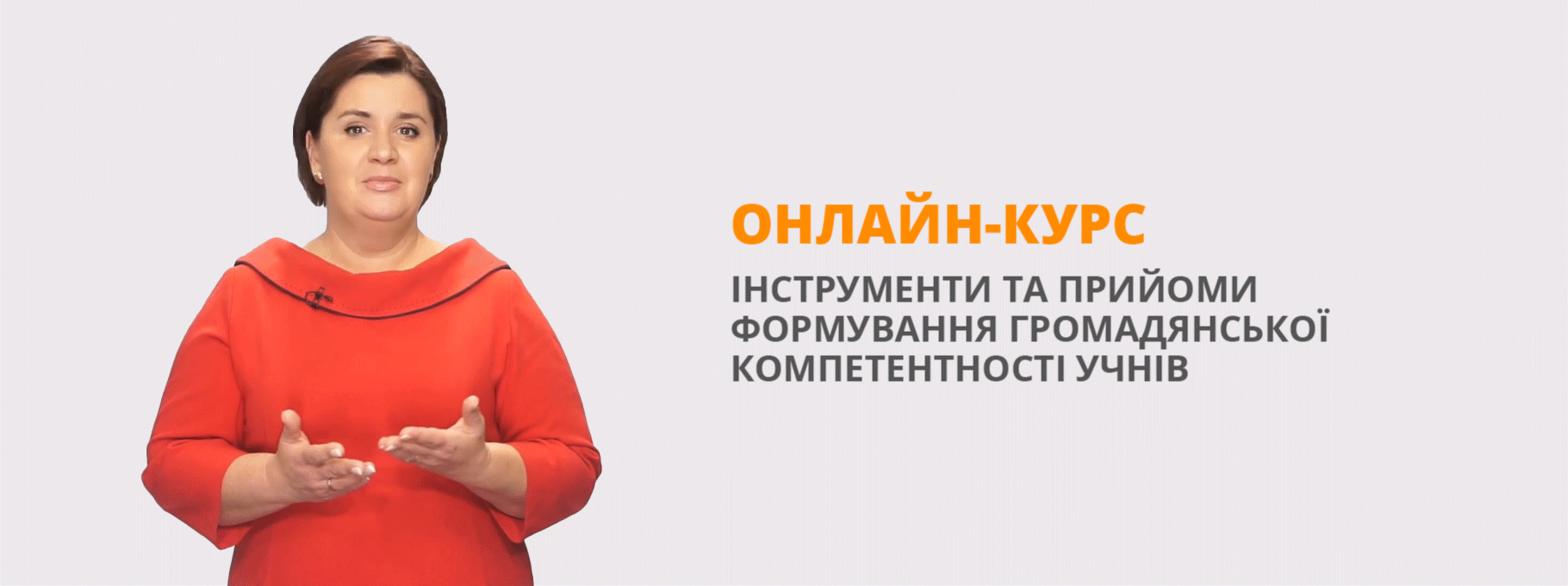Health and environment Nersyssian....

Read and do
A physician, medical practitioner, medical doctor, or simply doctor, is a professional who practises medicine, which is concerned with promoting, maintaining, or restoring health through the study, diagnosis, prognosis, and treatment of disease, injury, and other physical and mental impairments. For ages, the profession of a doctor has been one of the most prestigious, respected, and rewarding. However, as society keeps changing, the role of the doctor continues to evolve.
1.A physician ........
Many people have a local doctor or “GP” who is their first point of contact for health concerns. Advances in science and technology, including increased use of the Internet, and the increasingly multidisciplinary approach to healthcare have also contributed to the changing relationship. Some people have built a relationship with their GP over time, which can be beneficial as the doctor gets to understand particular needs of a person and medical history.
2.The "GP" gets....
Your GP must be well trained in medicine to specialize in the area of “general practice”. They are qualified to manage conditions and symptoms , such as illnesses or injuries that cannot be treated by over-the-counter medication. They can diagnose and treat diseases, pain and other conditions. They can also help with mental health advice. Some specialize in particular areas such as family practice or children’s health.
3.Doctors are qualified ......
If your health problem is more specific, you may need to see a medical doctor who specialises in a particular area of health. Your GP will usually write a letter of introduction to explain your health problem to the specialist. If you have a chronic or continual medical problem, a medical specialist might become a part of your healthcare team.
4.If you need to see a particular specialist....
Medical doctors examine, diagnose, and treat patients. There are many medical specialist areas or “disciplines” recognised in every hospital. Based on their findings, they prescribe treatment and medications to attempt to heal any illness or injuries. Some of these include general practice, anaesthetics, surgery, dermatology, emergency medicine, paediatrics, public health medicine, radiology, and rehabilitation medicine. Some medical specialists then undertake more training so they can become even more specialized within their chosen discipline.
5.Medical doctors.....
If you are not confident about doctor’s medical advice or a diagnosis, you can seek a second opinion. You may ask for a second opinion if you are unsure about a diagnosis or medical treatment option, or if you just want to confirm that the planned treatment is your best option.
6.If you want to be ensure about advice....
A second opinion is when you visit another doctor, medical specialist, or healthcare professional to ask for their opinion. You can compare the medical advice and see if the second opinion is similar or the same as of your family doctor or specialist.
7.A second opinion is..
This can give you confidence if both doctors agree or it can provide you with a different view, and you may get a more varied view of your healthcare condition and your medical options. After seeking a second opinion and when you have all the information you need, you may feel more confident to make a decision about your treatment.
8.If both doctors agree on the problem....
I have eaten too much chocolate. I feel ...
10.Ten people were...... in the accident

Створюйте онлайн-тести
для контролю знань і залучення учнів
до активної роботи у класі та вдома


















